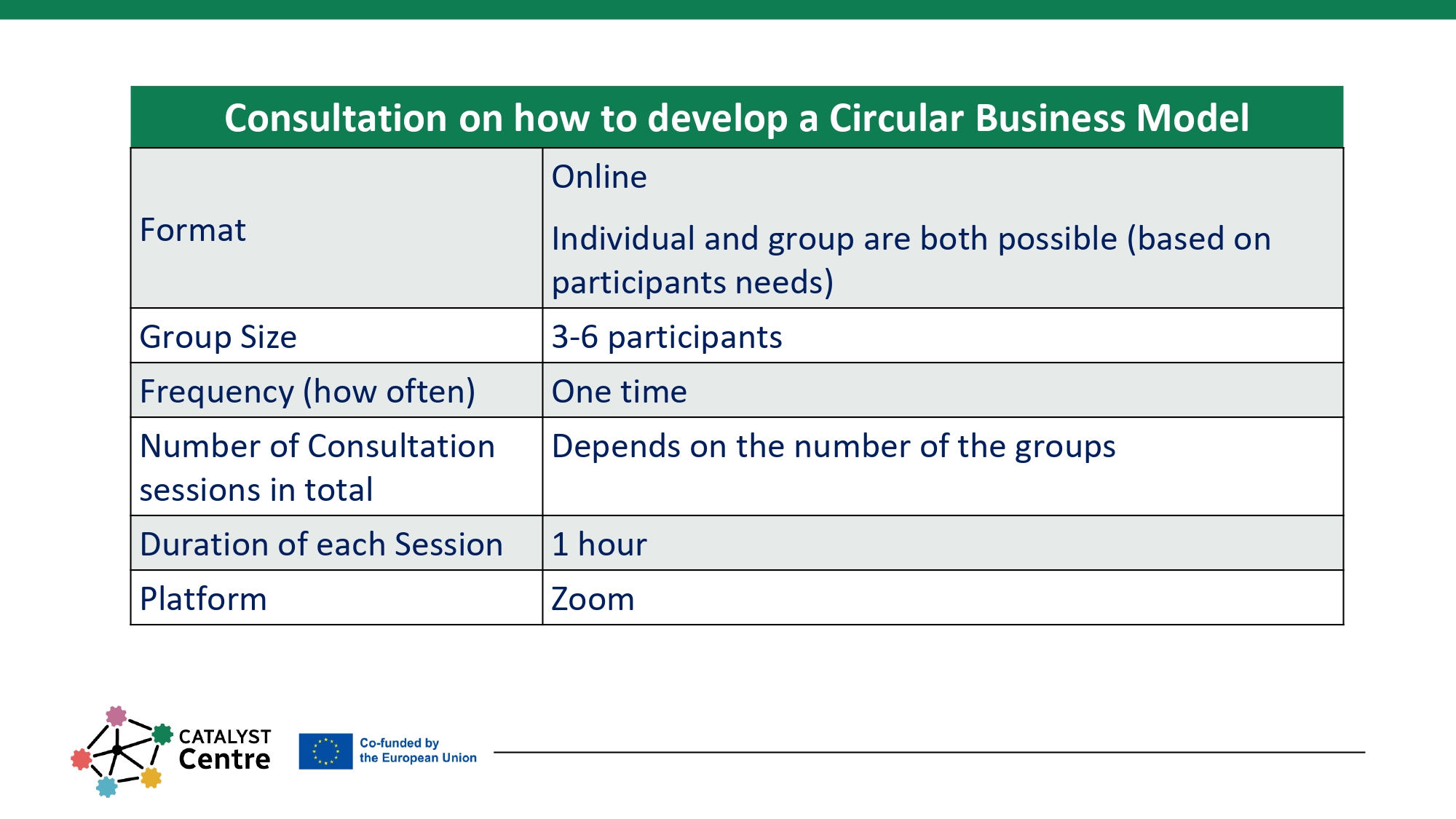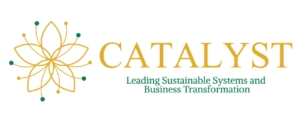Consultation on how to develop a Circular Business Model
To assist participants in developing a Circular Business Model for their assignment or business, this consultation session will focus on several key aspects:
- Assess Existing Operations: We will begin by analyzing current business processes to pinpoint areas where circular practices can be implemented. This will include reviewing aspects such as product design, manufacturing workflows, supply chain management, and product end-of-life strategies. Identifying these potential areas for improvement is the first step toward building a robust circular model.
- Distinguish Opportunities: Participants will be guided in recognizing opportunities to enhance resource efficiency and minimize waste throughout the product’s lifecycle. This could involve:
- Integrating waste reduction techniques into manufacturing.
- Developing products with increased durability and recyclability.
- Exploring avenues for extending product life through repair, refurbishment, or remanufacturing.
- Identify Stakeholder Engagement Practices: Effective collaboration is critical to building a successful circular business model. We will focus on involving key stakeholders—suppliers, customers, and other partners—in co-creation. Engaging stakeholders helps align goals, understand diverse perspectives, and meet the requirements of all parties involved.
- Communicate and Educate: Open and transparent communication is essential for gaining buy-in from customers, employees, and other stakeholders. We will explore strategies for educating these groups about the benefits of circular economy practices, sharing the steps your business or case study is taking to adopt and implement circular operations. This fosters trust and supports long-term commitment from stakeholders.
- Iterate and Enhance your Circular Business Model: As part of the circular economy journey, businesses must remain adaptable. We will discuss how to integrate feedback, new technologies, and changing market conditions into the circular business model. Participants will be encouraged to cultivate a culture of innovation and flexibility, ensuring they maintain a competitive advantage as the circular economy continues to evolve.
This consultation will equip participants with the tools, strategies, and insights necessary to design and refine a circular business model that promotes sustainability, enhances operational efficiency, and drives long-term success.
| Prerequisites:
The service is available to people who accomplish the course Circular Business Models: Steps from Linear to Circular Linked Courses:
Linked Course Category: |



